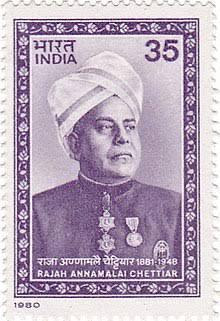INS Shalki, India's first indigenously built submarine, was launched on September 30, 1990, in Bombay (now Mumbai). It marked a significant milestone in India's defense capabilities and its indigenous submarine-building program.
Background:
- INS Shalki was built by the Mazagon Dock Limited in Mumbai as part of the Indian Navy's project to develop submarines with indigenous technology.
- The submarine is a Type 209/Type 1500 class submarine, designed for anti-submarine warfare, reconnaissance, and other naval operations.
Significance:
- The launch of INS Shalki was a major achievement for India's defense sector, showcasing the country's growing capabilities in naval engineering and technology.
- It represented a step towards self-reliance in defense production, which has been a key objective for India, especially in the wake of various geopolitical challenges.
- INS Shalki, along with its sister submarines, played a crucial role in enhancing the operational capabilities of the Indian Navy.
Further Developments:
- After its launch, INS Shalki underwent trials and commissioning processes before being officially inducted into the Indian Navy.
- The successful launch of INS Shalki laid the groundwork for future indigenous submarine projects, including more advanced submarines like the Scorpène-class submarines.
INS Shalki remains an important part of India's naval history, reflecting the nation's commitment to developing its defense manufacturing capabilities.





























.jpg)



.jpg)




